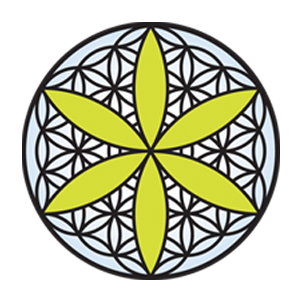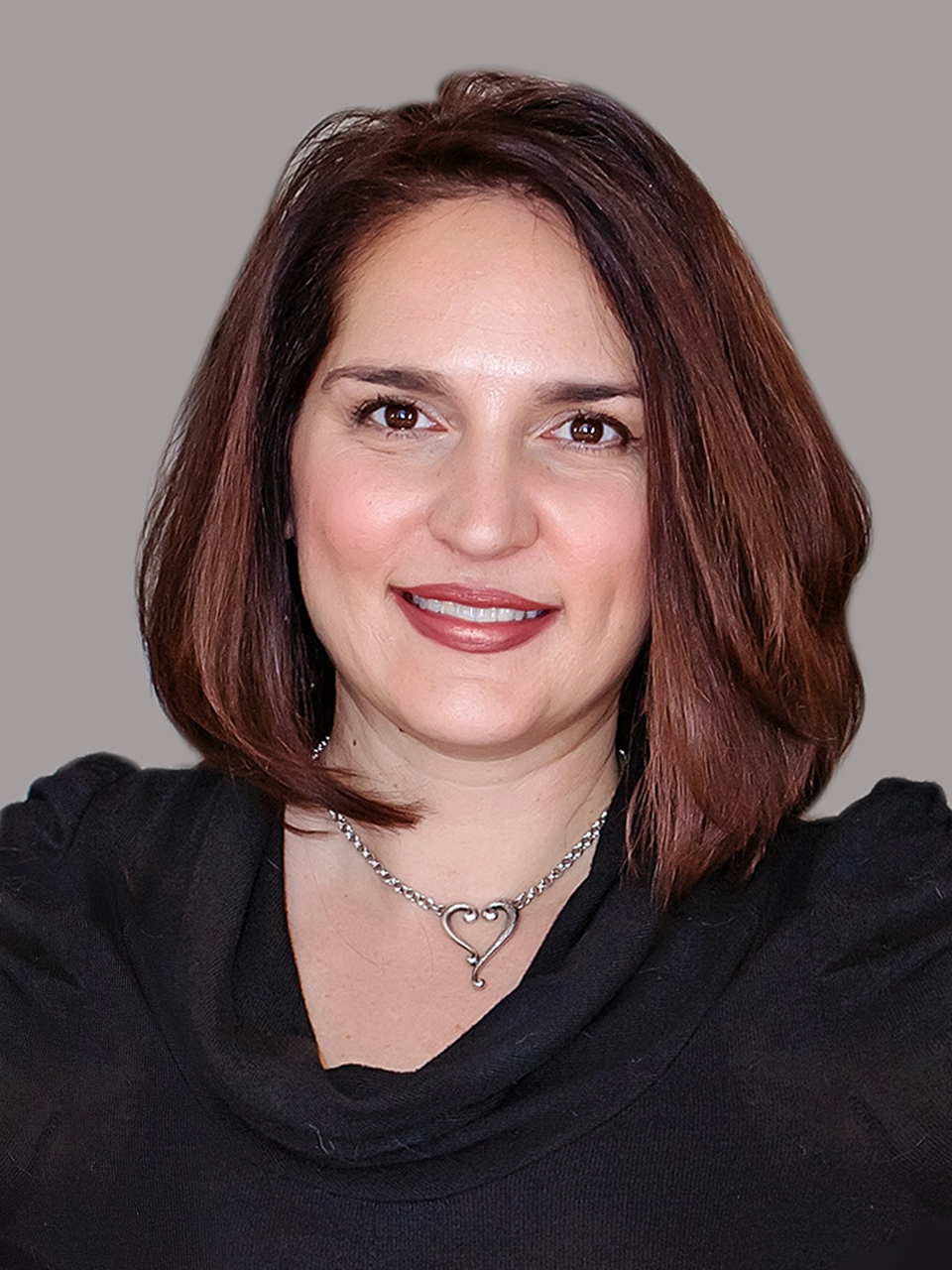




Our homeschool mornings started off effortlessly as we awoke to the rhythm of our natural body clocks with the rising sun. In those early days, my son and I leisurely stepped into our mornings as he enjoyed playing his Tony Hawk X Box game while I sat on the porch sipping coffee, reviewing our plan for the day ahead. On a typical morning, after we shared a homemade breakfast of fruit, yogurt and granola, we would snuggle together on the couch in our pajamas as I read to him aloud from a Kids Discover magazine or his favorite Raold Dahl book, even though he was perfectly capable of reading by himself. We would discuss the material and explore it together before he chose a project such as mummifying a chicken, writing the script for a play, or creating his own video game. He would dive into the morning activities with excitement, exploration and wonder until he was ready to reconvene with me and learn something else.
Our mornings flowed naturally as I gently guided his interests and followed his lead to learn more or less about a topic based on his level of interest. After several hours of co-creating, we would often meet friends at the park for a picnic and a hike, soaking up the sunshine and enjoying the company of our peers. While connecting with his friends of varying ages, I was afforded relaxing time with the other mothers.
At the time, our lifestyle was considered very unusual. When my son went to the grocery store with me on a weekday, strangers would ask why he wasn’t in school. And even though I did not focus on what ‘grade’ he was in, I was still required to mark his current grade on the forms for Cub Scouts, basketball, summer camps and more. But now, a little more than a decade later, our family’s method of educating my son would not be considered so unusual.
Homeschool is a hot topic these days. The first question that is often asked is if a parent will unschool their child or use a more traditional, formal curriculum, as if these are the only two options. But the reason for homeschooling in the first place is to escape the boxes that our children have been placed within when they were part of the ‘system’. So, why would we take them out of public or private school only to place them into a different box?
Many parents today attended traditional school settings and were taught to think in a linear way that was designed to be a good fit for the ‘average’ child. It makes sense then that it could take some time to unlearn limited ways of thinking to step into a more creative, open-ended way of envisioning education as you plan to guide your own children. Traditionally, a curriculum is defined as a specifically planned course of instruction or program of studies. But as the facilitator of your home school, the word ‘curriculum’ can be defined by you in any way you choose. It may be something that is fluid.
Your child may prefer an unstructured approach to learning for a while and then crave more defined learning for a time. It is healthy for a child to experiment with different learning styles to discover what feels the most natural to them. There may even be a mixture of structured and unstructured learning in one day. As the years passed and my son matured, he desired a more structured rhythm to his day that was clearly defined by textbooks and assessments of his full grasp of the material. He began taking Spanish classes taught by a certified teacher and took guitar lessons from a professional musician, among other things. The most important component of these decisions was that they were not made by me. I was there to guide him but he was creating his own educational plan and guiding his own future.
This is an exciting time in our world as more parents than ever before are considering alternative methods of learning for their children. Some have reached this decision as a result of the changes that were seen across the globe in schools in 2020. Some have decided that the school system is not able to offer their children what they need to thrive in this critical time of their lives when they should be setting a foundation for the love of learning. Yet others have made the decision to homeschool while their children are still toddlers. Ways of teaching and guiding children are as unique as the children themselves and every family deserves the right to explore what works for them, free from judgement or criticism. Fortunately, the stigma of home school has diminished greatly by the events of 2020. It is no longer assumed that a family consists of religious zealots or is neglecting their child by choosing to take them out of the ‘system’. As people from various parts of the globe in varying income brackets and of different faiths take on the adventure of learning with their children, it is becoming more socially acceptable, which means that more options are becoming available every day.
A question was recently posed in the Conscious Youth Parent Forum on Facebook, a private group supported by the Flower of Life Institute and their programs. A parent who recently began homeschooling asked how to navigate curriculum while integrating her child’s innate gifts. First, I commend this parent for exploring ways to support her child’s unique way of experiencing the world and learning organically. She did not define her interpretation of the word curriculum so I will address the question assuming that there are limitless possibilities for how one may create a unique curriculum for their child.
She mentioned that she lives in a state with very loose homeschool requirements so she doesn’t have to worry about checking boxes to meet pre-set educational demands dictated by state law. Every state has unique requirements regarding home guided education, and even in the strictest of states, it is possible to access the freedom to learn in a way that works for the individual child and family. Those residing in states with stricter laws may need to be more creative, but this is not a challenge for the parents of conscious youth. It is likely that these parents are already accustomed to creating a life to accommodate their gifted children, as the soul agreement between parent and child had predicted would happen long before the child’s birth in this lifetime.
I have discovered after many years of homeschooling my son in various states across America, that the most valuable step I ever took was to pay attention to how he processes information and learns, in addition to the areas in which he possesses unique gifts and talents. In taking the time to observe him and listen to how he described his experiences I was able to discern what type of curriculum would support his strengths and allow him to soar with a self-propelled motivation in driving his own learning experience. I did not realize it at the time but every day was an experiment in the early years.
When we first started, I ordered a full third grade curriculum from a reputable source and stepped into the teacher role. That was my first intuitive decision because I had pulled him out of a gifted school half way through the first grade since he was not being challenged academically. He had grown bored of school and was also showing signs of sensory overload. My normally cheerful, happy boy began to have headaches on days that he was required to attend music class and he was frustrated with the amount of time that he had to sit quietly and wait for the other children to finish their work because he had completed his work so quickly. I decided to skip him a grade and let him work at his own pace. In some subject areas he was working far beyond his ‘grade level’ and in others he was right on target. There was not a need for tests or assessments because I worked alongside him every day and knew what he had mastered and what he had yet to explore.
The first weeks were an adjustment for us both as we created a new rhythm. We tried to recreate a school environment at home by giving him a desk where he could work and learn subject by subject. Over time, we naturally let go of the strict structure that he had been used to in traditional school and perceived learning as something to be experienced as opposed to something that had to be done.
I allowed him the freedom to step outside of the predetermined curriculum and try different ways of learning. At times he excelled using an unschooling approach, other times we utilized unit studies, an approach in which multiple subjects such as math, science, history, art and geography are learned in relation to a single topic. I made multiple discoveries about my own learning and processing styles that helped me to become a better guide and teacher to him through the years.
I discovered that I experience ideas in pictures that need to be connected and I am a top down learner, meaning that I see the big picture before I focus on the details. Like me, my son does not experience the world in a linear way but I found is a bottom up learner with initial focus on details which add up to the bigger picture. He also learned things in a nontraditional, nonlinear order, such as mastering long division before he knew his multiplication tables. By not dictating how he must learn, I created space for him to explore his own way of being in the world. That meant not forcing him to learn his multiplication tables before he mastered long division, which would not be considered a conventional approach for math studies. When I tried to force him to follow my pattern of learning, homeschool was a struggle; but when I allowed him to take the lead, it became effortless.
There are a multitude of tools that you can find online to assess your child’s learning style. A quick search will provide you with many options. These are helpful, but when used alone may not give you a full picture of how your child experiences the world and processes information. I suggest approaching the creation of a unique curriculum for your child with wonder. Ask yourself the questions “I wonder what…“ or “I wonder how…“ when putting together a plan for your child’s education. Try various methods and listen to your child when they give you valuable feedback. Allow room for mistakes or failed attempts. If you are curious, there are astrology based tools that can be very helpful in determining your child’s communication style and other traits. Some of these are Human Design Reports, Destiny Cards, and Mayan Astrology Reports. You may even look up the term ‘neurodiversity’ if you are interested in learning about the range of differences in brain function and behavioral traits.
Homeschooling your child is a co-creative endeavor that consists of limitless possibilities. If every child is unique, and they are, then every child’s curriculum can be custom tailored to their individual strengths, behavioral traits, abilities and interests. A curriculum that is created to the needs of the child will grow organically with them as they mature and identify their preferences. Ultimately, the perfect curriculum for your child will be one that will instill a lifelong love of exploration, adventure and learning. Only you, their parents, can help them uncover what that curriculum looks like. In families with multiple children, taking the time to discover how your child learns, communicates and processes information when creating their curriculum will allow them to become independent learners who carve their own path with confidence. And in the process, your relationship with your child will deepen and flourish in ways that you will cherish always.

Sheila is the mother of two extraordinary sons and is passionate about supporting conscious children and their parents. She spent the past twenty-three years guiding and encouraging her own two sons to create a life that allows them to flourish within their unique abilities, as opposed to fitting into societal expectations.
When her younger son was diagnosed with ADHD at the age of nine, Sheila trained as an ADHD Coach with ADDCA, the ADD Coaching Academy, so that she could advocate for her child. The more she learned about ADHD, the more she realized that many of the traits of this diagnosis overlap with those of gifted children. She made it her mission to help teachers and peers understand the true meaning of the ADHD label, and that these children exhibit skills of natural leadership and creativity from a nonlinear perspective. This prompted to her create a private coaching practice so that she could encourage and guide people of all ages who have been diagnosed with ADHD.
Sheila also created a thriving homeschool group in Las Vegas, teaching high school chemistry at a home school cooperative in Houston, and many more creative educational endeavors as she and her family relocated across the United States and Canada. She is a graduate of the University of Louisville with a BS in Chemical Engineering. Her engineering study taught her how to not only solve problems, but that there are endless possibilities available for every challenge. Exploring possibilities is one of her greatest strengths and she hopes to utilize this to help families discover what makes their unique children shine. Sheila now serves as Parent Education Coordinator for Flower Of Life Institute's Seed Of Life School.
www.facebook.com/SheilaBuchanan